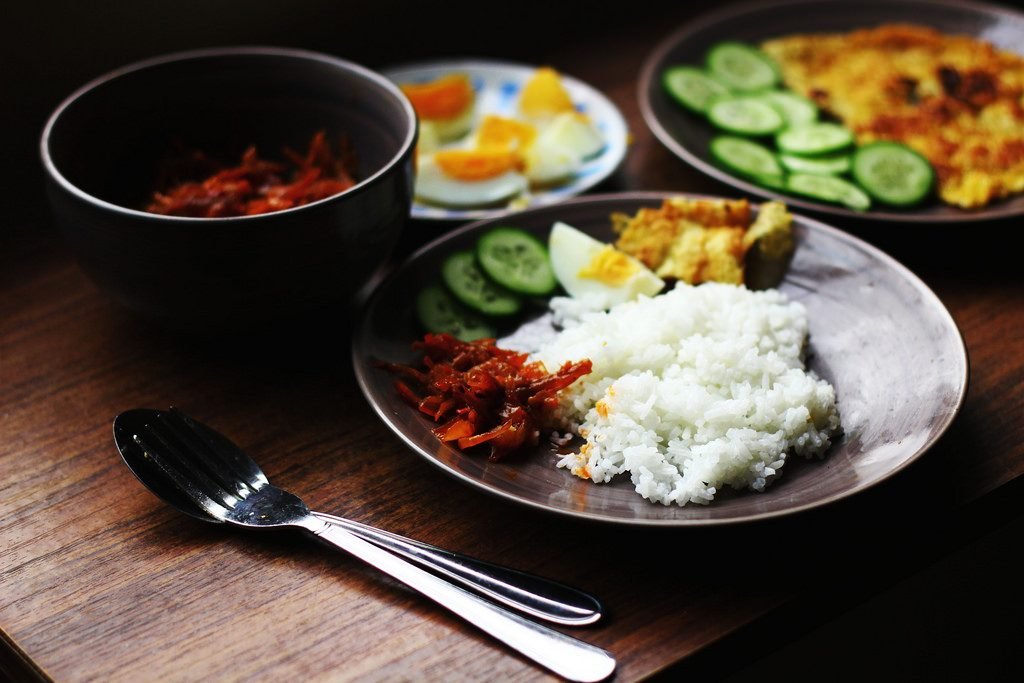
Photo Credit: Flickr @ Azfar Ahmad
The holy month of Ramadan is a time for spiritual reflection. Increased devotion, worship and abstention from eating and drinking during specific fasting times is common. In a country like Malaysia, here are some tips on how you can fast safely, whilst optimising your nutritional status and energy so you don’t end up worse for wear before the month is over.
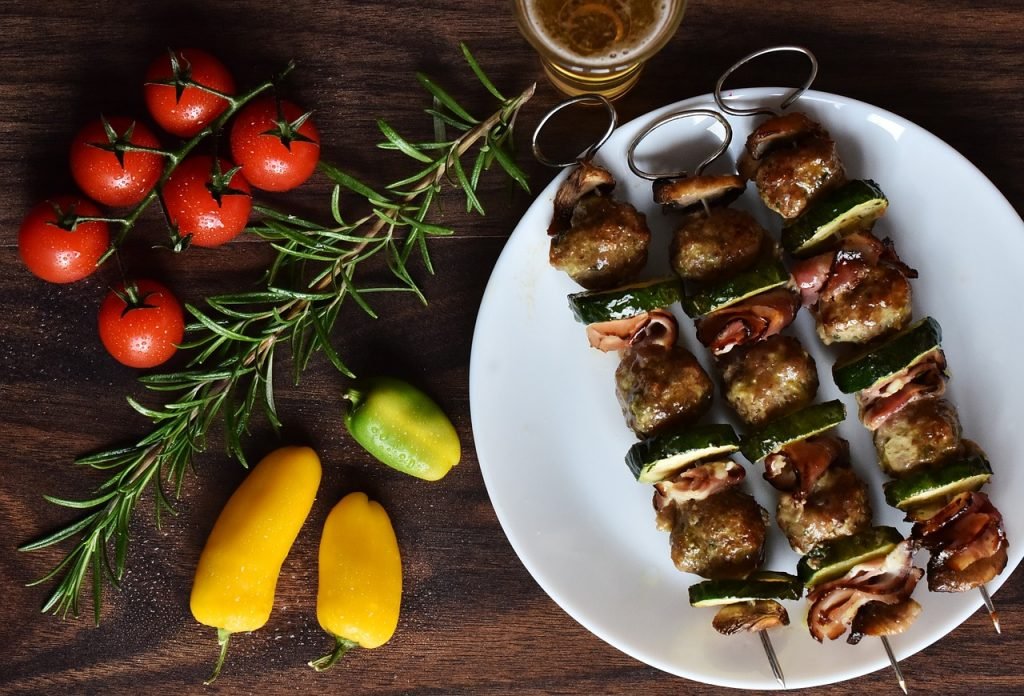
1. Include protein in your meals pre-fast
Foods high in protein can make you feel fuller than food high in carbohydrates or fat. It may be tempting to load up on rice before going into your fasting hours, but eating protein rich food like chicken, fish, nuts and yoghurt might be the better option to stay fuller for longer.
2. Get fibre-focused
It’s not uncommon to feel the hunger pangs come mid-day through your fast. But adding high-fibre foods in your diet such as wholegrain bread, beans, lentils, oatmeal, flaxseeds, fruits and vegetables can prolong feelings of fullness. These high-fibre food are proven to have the same effect as food high in protein, in terms of enhanced satiety.
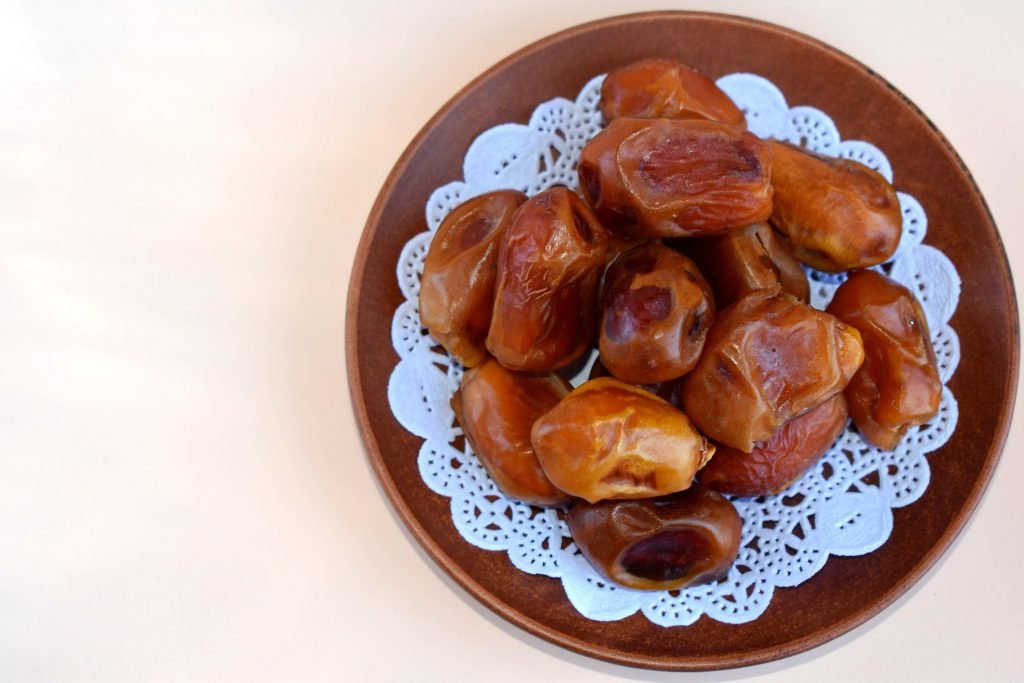
3. Start Iftar with some dates
Throughout the month of Ramadan, dates are a common ingredient in the Muslim diet as the Prophet himself said, “Break your fast by eating dates as it is purifying.” Science backs this up too, as dates provides the body with sugar, a crucial factor in maintaining healthy blood sugar levels. One of the most common reasons for headaches or dizziness during Ramadan is low blood sugar, making dates an easy choice at the start of Iftar.
4. Hydration is key
Don’t load up on too much sugar when breaking fast though. Avoid guzzling the sugary drinks as drinking water should be your number one aim to provide your body hydration without any extra calories or added sugars. It is recommended to drink water steadily and constantly from when you have broken your fast to when you are about to fast again. It is also recommended to load up on the fruits and vegetables that are rich in water content. It is said that the Prophet himself ate dates with fruits and vegetables, like cucumbers and watermelons.
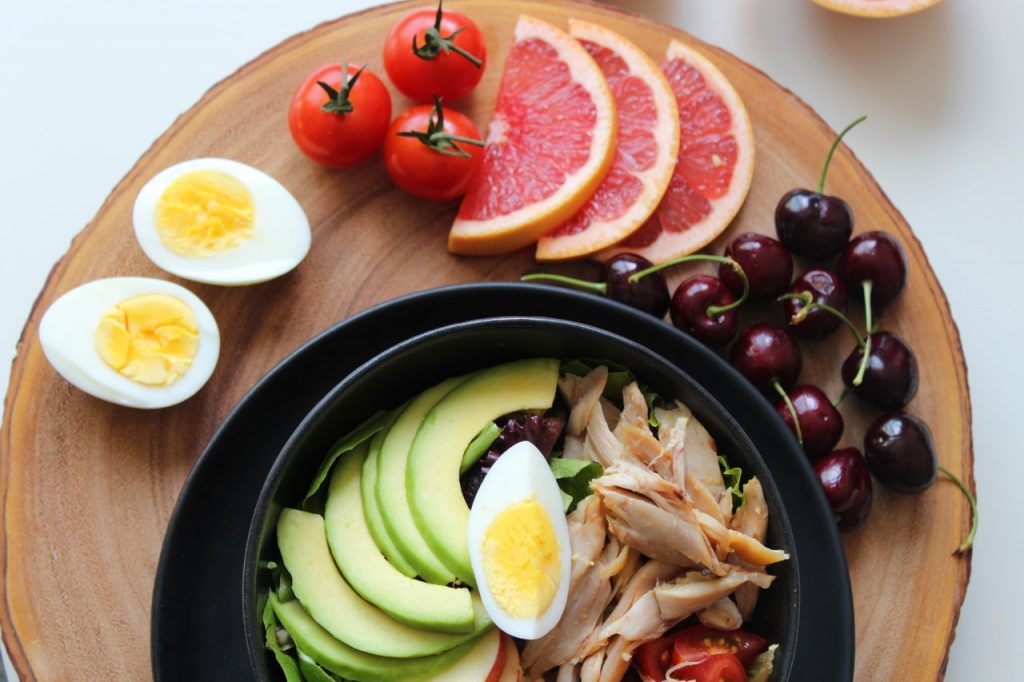
5. Aim for a balanced diet
Those observing fast normally have two meals a day; pre-dawn (Suhoor) and at dusk (Iftar). Many might splurge on lavish meals, but nutritionists advise for simpler food intakes and not to differ too much from the regular diet. It should contain foods from all the major food groups and limit the amount of sugar in meals. Where possible, include healthier sources of carbohydrate such as wholegrains, potatoes, vegetables, fruits, legumes, and lower fat dairy products.
6. Healthy food prep
Avoid consuming too much deep-fried foods, high-sugar and high-fat food. These do not provide nutrients for the body and are therefore not beneficial for your physical health especially when you will be fasting for a month. Adapt your cooking methods, such as grilling or baking instead of frying, to help retain the taste and nutrients.
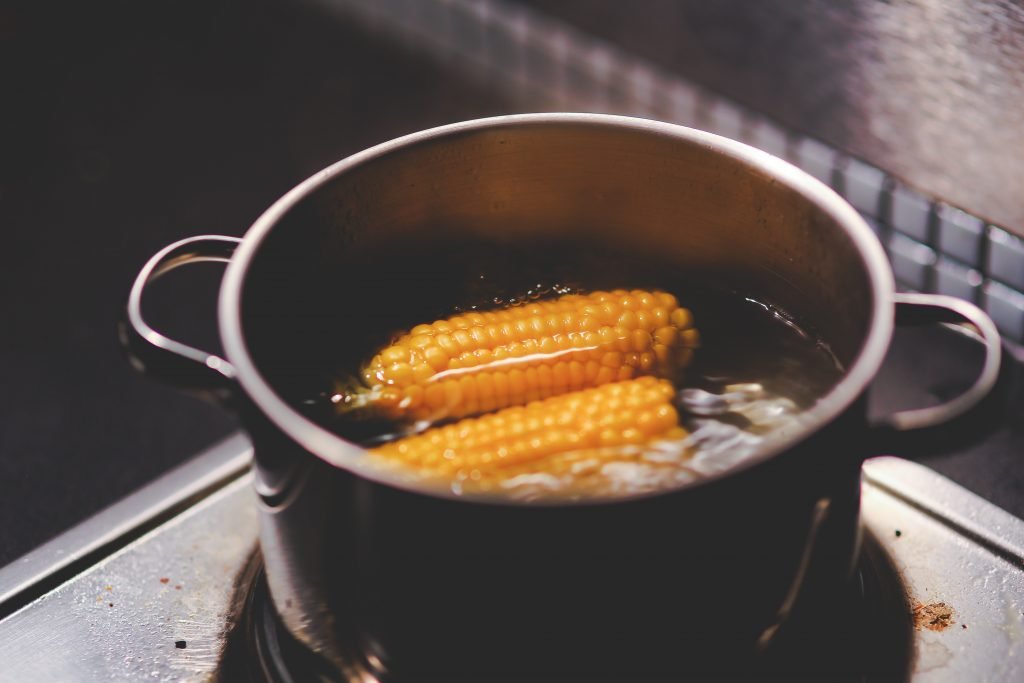
7. Avoid carbon monoxide poisoning
Cooking for large numbers of people using large pots on gas stoves can cause a build-up of carbon monoxide in homes, particularly those that aren’t well ventilated. So if you’re planning to cater to many people breaking fast at your home, it’s important that you don’t use oversized pots on your gas stove and don’t place foil around the burners.
Also ensure that your gas stoves are well maintained, and your gas cylinders are serviced by professionals to prevent untoward incidents. Have a blessed Ramadan!
